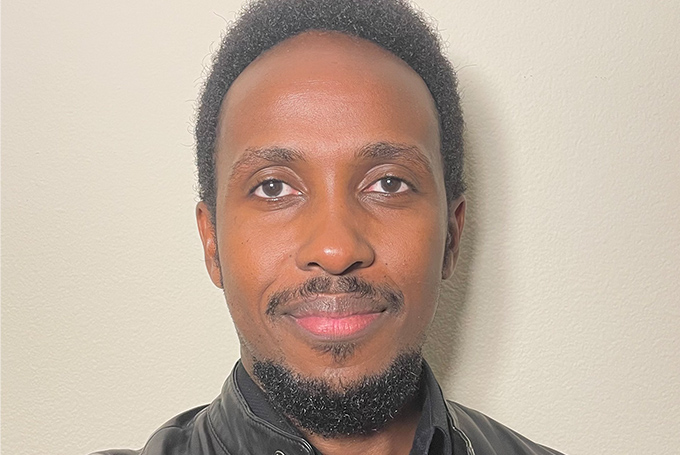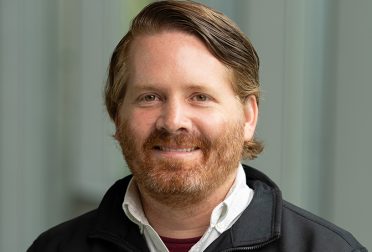B.S., Mechanical Engineering
Jessy Mwarage is a senior staff engineer at Rivian working on diagnostic testing for the automotive company in Palo Alto, CA. He’s looking forward to returning to MIT, where he studied mechanical engineering as an undergraduate. However, after years working on automotive systems, he’s not limiting himself to the same field of study. “I hope to take as many simulation classes as possible,” he says. “Given enough time, I think that anything can be simulated and modelled with computer algorithms.”
How did you hear about SDM?
I heard about the SDM program almost a decade ago as an undergraduate student in the Mechanical Engineering department. At the time the concept of systems engineering was rather fuzzy, as I was specializing in mechanical and electrical engineering. As I advanced in my career, I realized the critical importance of well-designed interfaces among the various domains of the products I worked on. I also realized that the human aspects of engineering are inextricably linked to the success or failure of products and enterprises. Therefore, I sought out a formal understanding of the discipline over the past year. This is when I revisited the SDM program and understood the value of the systems approach.
What made you apply to the program? And why did you decide on SDM instead of a traditional MBA or other graduate degree?
I grew up wanting to be an engineer and have been one for my entire career. When it dawned on me that rounding out my skills in managing complex systems and teams would require management training, I sought out programs that would instruct me not only in the business aspects of management but also in the technical aspects. It was not an option for me to step away from tinkering and conceptualizing and building! SDM is the best of both worlds. I get the exposure I need to be an effective engineering manager and leader that is well grounded in the underlying technological aspects of the enterprise and products.
Can you tell me about your work? How do you think a systems approach will help you in your field and in your career?
I currently work at Rivian, a new entrant to the automotive industry. The complexity of our vehicles and the machines that build them is hard to overstate. Intuition will only get me so far in wrapping my head around all the challenges of building high performance products and teams at the scale and complexity that we aspire to. A formalized approach to designing and maintaining what we build to be modular, evolvable, and coherent will be necessary. SDM offers just this systems approach.
A longer-term benefit is the general applicability of the mindset and skills to other industries and products. I plan to build an African multinational corporation to tackle the continent’s most pressing needs of the next fifty to one hundred years. The systems approach will be an invaluable asset in this adventure.
What’s something that excites you about your meeting your new classmates?
I am excited to relive the excitement and passion that MIT students bring to the table. I am really looking forward to all the intense technical discussions, nerdy jokes, stories of resilience and more.




